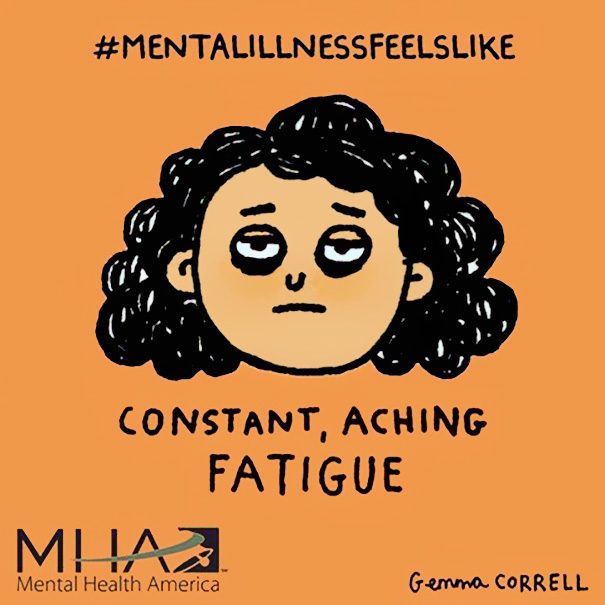If you need someone to talk to right now, text the Crisis Text Line (Text HOME to 741741), call the 988 Suicide & Crisis Lifeline (988), or call the Trevor Project LGBTQ Lifeline (1-866-488-7386) for 24/7 support.
What You Should Know About Depression
Sometimes you may feel sad or depressed, but when is it a serious problem? If depression is affecting your day-to-day life, there may be something you can do about it.
If you’re depressed, you may notice changes in your feelings or behaviors, such as:
- Feeling like there’s no hope
- Withdrawing from others
- Significant change in your sleep habits
- Difficulty enjoying activities that used to make you happy
Some things that can contribute to depression, include:
- Psychological, biological, or genetic factors
- Negative events
- Major life changes
- Certain medications
- Drugs or alcohol can intensify your experience of depression
- But sometimes the cause of depression is unclear.
How can I practice self-care when I’m feeling depressed?
- Talk about your feelings and problems with someone you trust.
- Find new things that make you happy.
- Try going outside to enjoy the sun or fresh air, make a new recipe, watch a funny video, play music, or express yourself with art or dance.
- Start a journal or write yourself a positive message on a sticky note.
- Move your body to help reduce tension, relax, increase energy, and improve sleep.
- Ask for help when you need it.
Who can you go to for help with depression?
Seeing a mental health provider can be helpful for depression. Professionals, like doctors, counselors, or psychiatrists, can make recommendations for treating depression.
